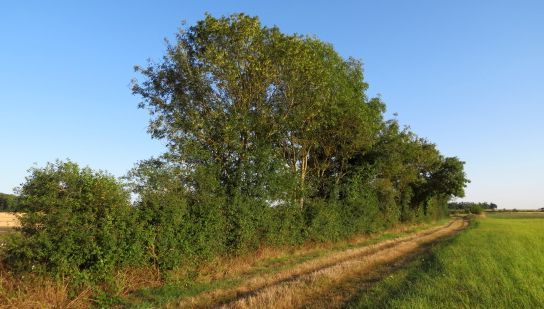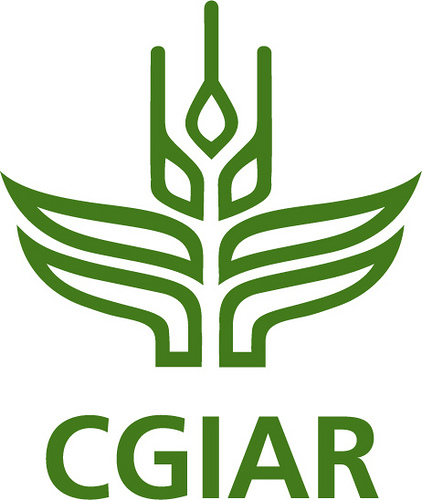The Future of Agriculture? Integrating Agroecology and Climate-Smart Agriculture.

The CGIAR Research Program on Climate Change, Agriculture and Food Security (CCAFS) is committed to tackling humankind’s greatest challenges in the 21st century: food security, adaptation to climate change, and mitigation of climate change. Climate-smart agriculture (CSA) is a foundational thread woven throughout the CCAFS program.
However, it is not the only framework for the future of agriculture. Agroecological approaches to land management provide a related but different set of principles.
In a recent study, Agroecology and Climate Change: A case study of the CCAFS Research Program, Nadine Andrieu (CIRAD-CIAT) and Yodit Kebede (WUR & UMR Eco&Sols) assessed CCAFS’s alignment with principles of agroecology using the Food and Agriculture Organization of the United Nations’ (FAO) 10 Elements of Agroecology as a framework. The authors reviewed documents and conducted interviews with CCAFS Flagship leaders and a keyword study of CCAFS research.
They concluded that agroecology was not a key concept in the design of CCAFS activities. However, many promoted practices were agroecological in nature and correlated with several of the FAO’s 10 Elements of Agroecology.
[...]
Comparing CSA and agroecology
Some proponents for agroecology reason that CSA does not do enough to protect the environment and vulnerable populations. Not all climate-smart practices follow agroecological principles. For example, minimum tillage practices combined with herbicides rather than mechanical methods to remove weeds may be considered climate-smart, but not agroecological.
It’s argued that CSA pays too much attention to new methods and technology and not enough to traditional practices and underlying mechanisms that have enabled existing systems to resist or recover from usual climate stressors. Additionally, for some experts, there is not enough consideration of the social resilience of the rural communities that manage agroecosystems.
On the other hand, there is skepticism about the effectiveness of agroecology to feed a rapidly growing population sustainably and a lack of explicit attention to climate change.
There is value to using multiple frameworks to inform action. There is an extensive literature on agroecology’s role in the resilience of farming systems and CSA’s role in facilitating support from institutions for change in agricultural systems. Both are necessary for the transformation of agriculture.
Read the whole article on https://impakter.com/the-future-of-agriculture-integrating-agroecology-and-climate-smart-agriculture/

